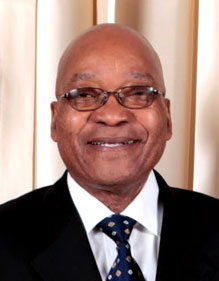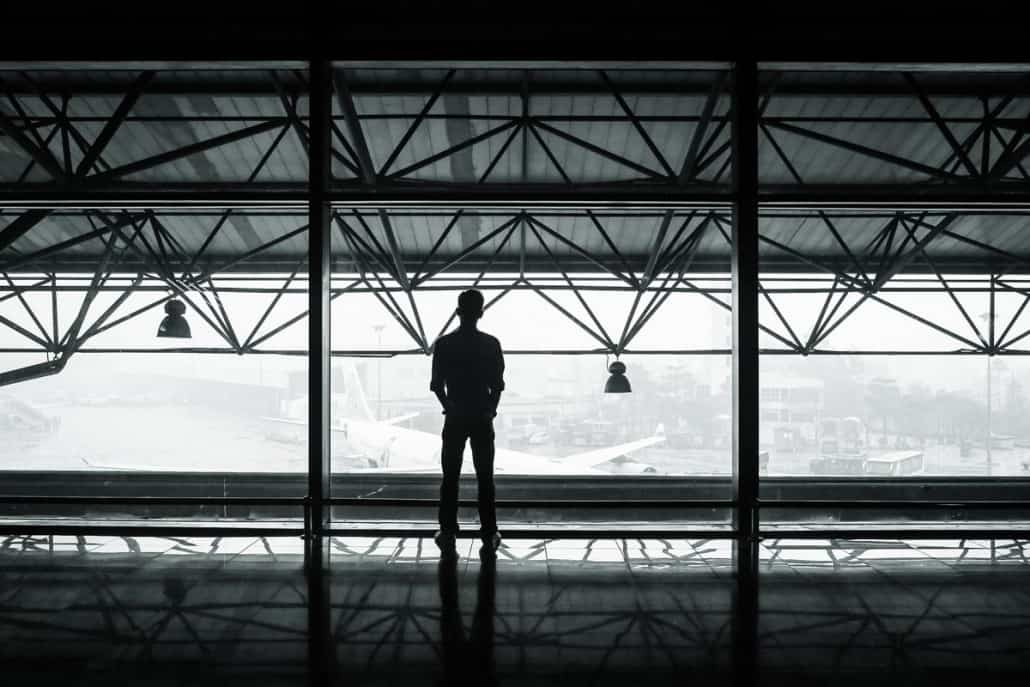
Be sure of this: every successive instance of corruption, of which Nkandla is a clear example, tears away at the institutional fabric that holds our country together.
The media and the public are focused on calculating the monetary cost of corruption. This is usually a complex task, although in the Nkandla “security upgrade” scandal it’s relatively easy to calculate the monetary cost and to judge how the public funds were spent.
After all, distinguishing between a retaining wall and an amphitheatre or identifying a swimming pool is not as complex as debating the merits, or even comparing the relative prices, of two competing fighter planes.
While the monetary cost of corruption is clearly important, given the right circumstances – and these are, pre-eminently, effectively functioning institutions – money squandered can be recovered.
But our institutions will struggle to recover from the body blows inflicted upon them. In particular, they will struggle to regain the trust of the public, a necessary condition for the effective functioning of institutions, public and private.
The institutions most immediately degraded by maladministration and corruption are naturally those in which the person implicated resides. And so with the Nkandla affair – and in the Gupta wedding scandal – it is not merely the person of President Jacob Zuma that is diminished, but the presidency itself.
In the arms deal, a range of institutions in which the responsible decision-makers resided saw their reputations tarnished. Imagine how the public would respond were the department of trade and industry ever to use the value of projected offsets again as justification for awarding a large public sector contract.
At least as disturbing is the stress that these events impose on the bodies charged with overseeing the custodianship of public resources.
In the arms deal, the reputation of the important Standing Committee on Public Accounts was tarnished, as was the office of Speaker of the National Assembly and Parliament itself.
By allowing themselves to be drawn into defending the indefensible, the ministers responsible for the security of the state have compromised the standing of their high offices in the Nkandla scandal.
Reputations and accusations
Those who fail to exercise their oversight responsibilities are not the only ones whose institutions suffer.
Those who are implicated in the scandal and those who defend them, particularly if they are unconstrained by respect for the Constitution or the law, will attempt to discredit their accusers as well as those institutions attempting to hold them accountable.
Arguably, the most disturbing feature of the Nkandla saga is the manner in which Public Protector Thuli Madonsela has been treated by the president’s supporters.
The public protector, whose sin is her regard for the evidence and the law, has been vilified by party political leaders. Gwede Mantashe, the secretary-general of the ANC, has been the most strident, in as many words accusing the public protector of pursuing a political agenda in the timing and substance of her report.
When the public protector’s interim report was leaked, Mantashe commented publicly: “She has handled it in a manner that suggests that she is an interested party. In this regard, she has positioned the report in a manner that will work on the public psyche in a particular manner. This therefore removes neutrality of the public protector and her conduct suggests that she is protecting interests of a particular section of society.”
There can be no more serious allegation levelled at the institution of the public protector than that of bias and prejudice.
Were this allegation to be sustained, it would constitute clear grounds for the removal of the public protector, just as the failure to back these disrespectful and irresponsible allegations with any evidence is surely grounds for charging the public protector’s accuser with contempt.
Office of the public protector deserves respect
In a rather transparent attempt at damage control in the face of the report, Mantashe has moderated his position somewhat, even criticising those in the ANC Youth League who have similarly alleged bias and political interest on the part of the public protector.
But his earlier remarks, persistently repeated, effectively sanctioned other similarly contemptuous accusers.
The failure of the president to cooperate fully with the investigation and the attempts by a number of government ministers, remarkably aided by the state law adviser, to prevent the report’s release, both diminish the standing of the institutions they represent, and show their contempt for the office of the public protector.
The public should demand that the government and the ANC apologise to Madonsela for the deplorable attacks directed at her person and her office. To present this intemperate and possibly unlawful invective – as the ANC’s Jessie Duarte has done – as mere robust exchange is yet another truth-defying feature of this fiasco.
The response is, at the very least, an incitement to disrespect a constitutionally enshrined institution and therefore the Constitution itself. Indeed, the language is so intemperate that it may reasonably be construed as an incitement, surely unintended, to harm the very person of the public protector.
To act or not to act
How are our institutions going to recover from this latest scandal?
The public protector has recommended that the government take a number of steps, ranging from the president apologising to the nation for his failure to use public resources wisely to recommending that he pay back that portion of the Nkandla expenditure that was accrued for his private use.
It has also been proposed that the president impose sanctions on the many ministers and officials who have failed in their various public duties.
I desperately hope that the president, the ANC and the government will find it in themselves to respond with dignity to the report. I hope that the president and the government accept the recommendations.
A simple apology from the president and his government would win them more forgiveness, even admiration, than they deserve. But I am not holding my breath.
We are far from done with Nkandla.
We may indeed be entering potentially explosive terrain.
The government appears to accept that it may have been ripped off by irregularities in tendering for the supply of goods and services to the Nkandla project. The Special Investigating Unit is apparently looking into this. The plot may well thicken further if it emerges the malfeasant contractors were politically connected.
Most urgently, however, the public needs to protect the public protector. Nkandla is not the only site of struggle.
The lamentable Tina Joemat-Pettersson is taking on the public protector. So is the Independent Electoral Commission’s (IEC) Pansy Tlakula, despite a forensic report commissioned by the Treasury that vindicates the public protector’s report into shenanigans at the IEC, a body for which reputation for probity means everything.
I can’t imagine – though I may be wrong – that Madonsela’s powerful enemies will, for the time being, do much more than shout their heads off and slink off to court.
After all, Madonsela is probably the most universally respected person in the country right now. But her non-renewable term of office ends in little more than two years. Prepare for a fight.

